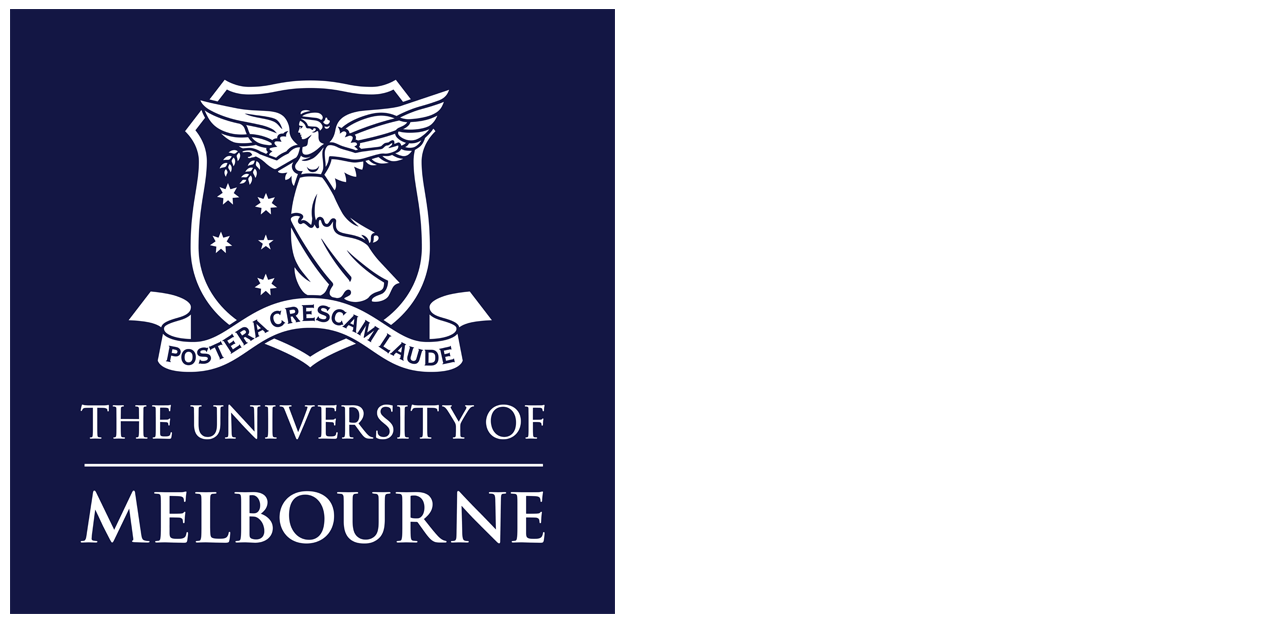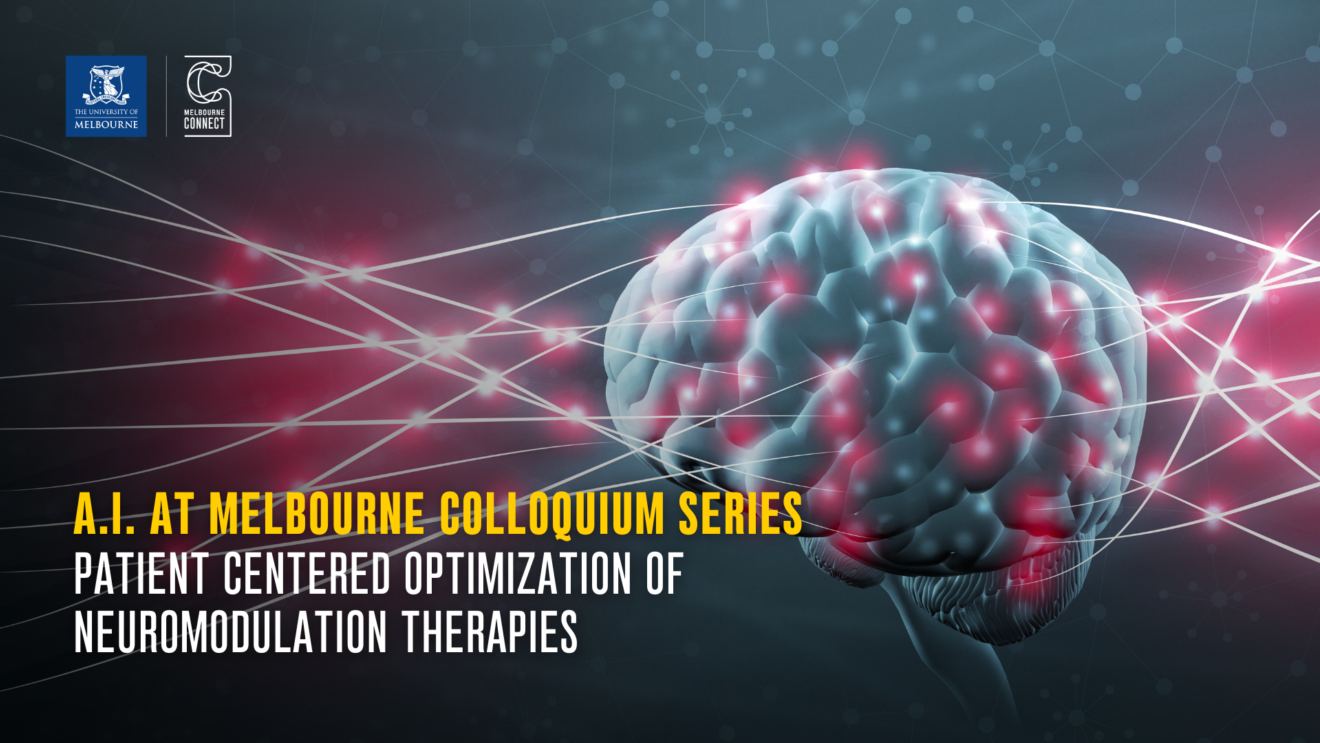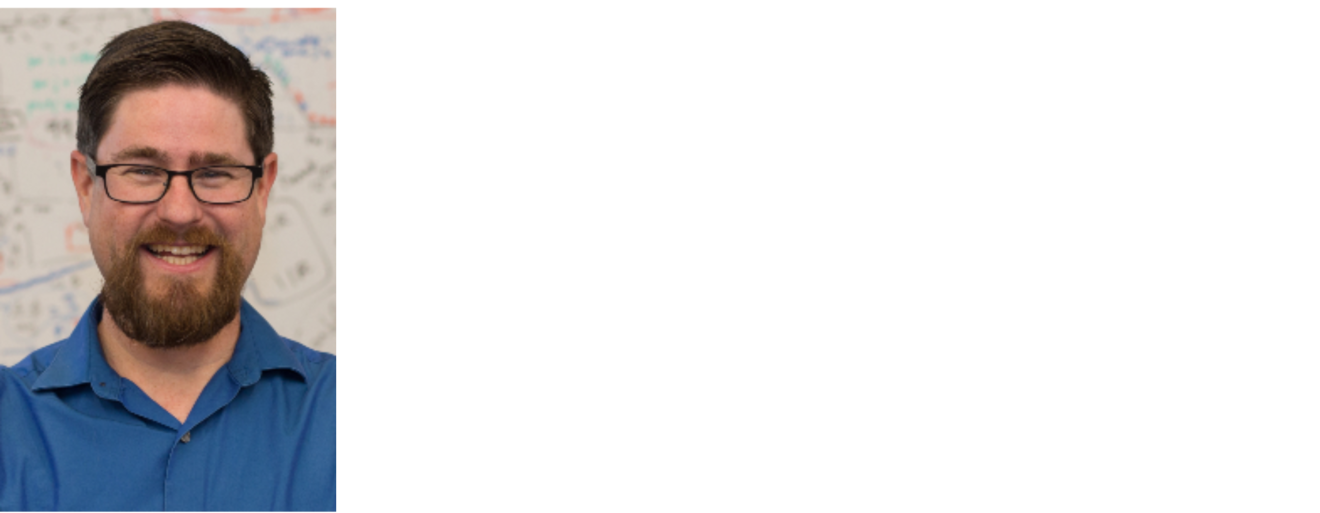


Electrical stimulation of the cortex, deep brain, and spinal cord have been shown to be effective for treatment of many diseases such as epilepsy, Parkinson's disease, and spinal cord injury. For all these therapies a single stimulation frequency and pulse width has been tested in clinical trials and the same setting is used clinically, with the amplitude the only variable that is adjusted to maximize therapeutic benefits to the patient. Some patients do not respond to therapy, and for most the therapy does not provide complete remission of the disease. It is not clear if the same stimulation waveform is optimal to treat all patients and it is likely that many patients would benefit by adjusting stimulation to their needs. There is little or no guidance on how to optimize waveforms to maximize the benefit to the patient. In several clinical studies including spinal cord stimulation for spinal cord injury, cortical stimulation for depression, and deep brain stimulation for epilepsy, we have utilized Bayesian Optimization to refine frequency and pulse width based on patient feedback or neural biomarkers. This has provided a patient centered approach to optimizing therapies that have shown significant clinical benefits for already FDA approved and developing neuromodulation therapies.
This is the AI @ Melbourne Colloquium Series, a program of talks on the future of Artificial Intelligence at the University of Melbourne.
Stay and enjoy complimentary afternoon tea and networking following the event.
Event Details
Venue
Melbourne Connect, The Manhari Room, Level 7, Room 7212
700 Swanston St Carlton 3053
Speaker

Tay Netoff
Professor of Biomedical Engineering at the University of Minnesota
Theoden (Tay) Netoff is a Professor of Biomedical Engineering at the University of Minnesota. As an undergraduate student he worked in Walter Freeman's lab at UC Berkeley, during graduate school at George Washington University he was mentored by Steven Schiff, and for his postdoc at Boston University he worked with Nancy Kopell and John White. His background is in computational modeling and electrophysiology to study epilepsy. More recently he has been using and developing machine learning tools to optimize neuromodulation therapies based on patient feedback.